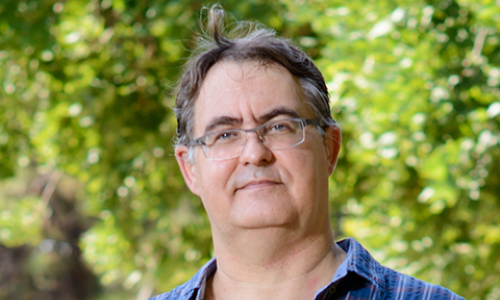



Research topics
Research topics

Immune Cells in Health and Disease
Studies elucidating the complex cellular interactions within the immune system, developing novel approaches towards understanding the discrete functions of myeloid and lymphoid cells and their manipulation for treating immune-related and infectious diseases.
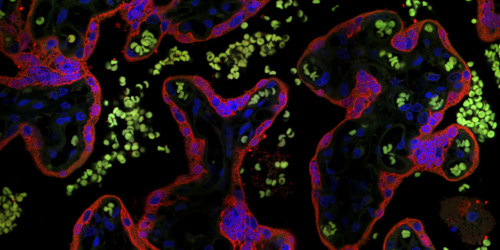
Reproductive Biology, Development and Vascular Biology
Research into placenta biology, angiogenesis and vascular system development, focusing on cellular and molecular players participating in these processes in normal and pathological settings.

Lymphatics, Stem Cells, Tissue Biology and Regeneration
Research delving into the intricate mechanisms that govern endothelial cells, stem cells and lymphatic cells, and their roles in tissue repair and regenerative medicine.

Cells and their Environment
Research into the interactions of cells or bacteria with their environment, focusing on understanding the chemical and biophysical forces that influence cellular behavior, and their implications for disease development and progression.
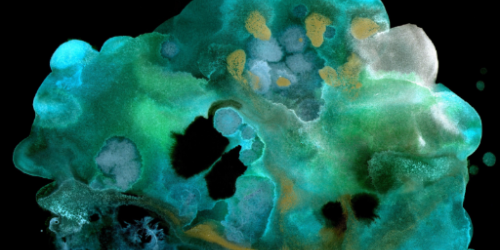
Gene Regulation, RNA and Systems Biology
Studies in the realm of gene regulation, RNA, and systems biology, employing advanced and high-throughput methodologies to unravel the complex regulatory networks of genetic and epigenetic interactions.
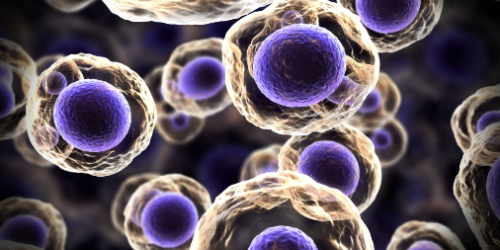
Biology of the Cell and Metabolism
Research into the fundamental processes and structures of the cell, aiming to elucidate the intricate mechanisms governing cellular function, mitochondria metabolism, protein aggregation and degradation
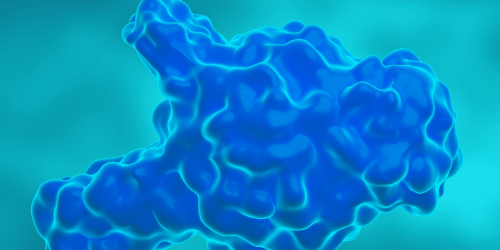
Cancer and Signal Transduction
Research on cancer and signal transduction, elucidating the intricate biochemical events that lead to abnormal cell proliferation and growth, and seeking innovative therapeutic strategies to hinder these processes.

Advanced Imaging
Cutting-edge techniques to visualize biological processes at unprecedented resolution, transforming our understanding of cellular dynamics and disease progression.
News

Maxine Singer Prize for Outstanding Staff Scientists
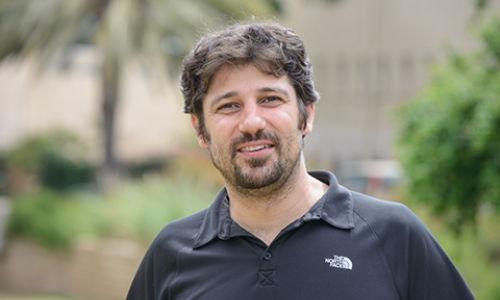
2025 Israel Immunological Society (IIS) Award




